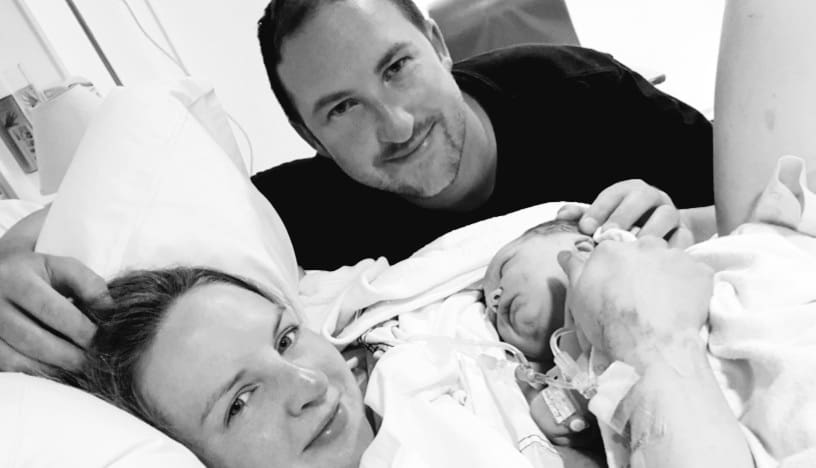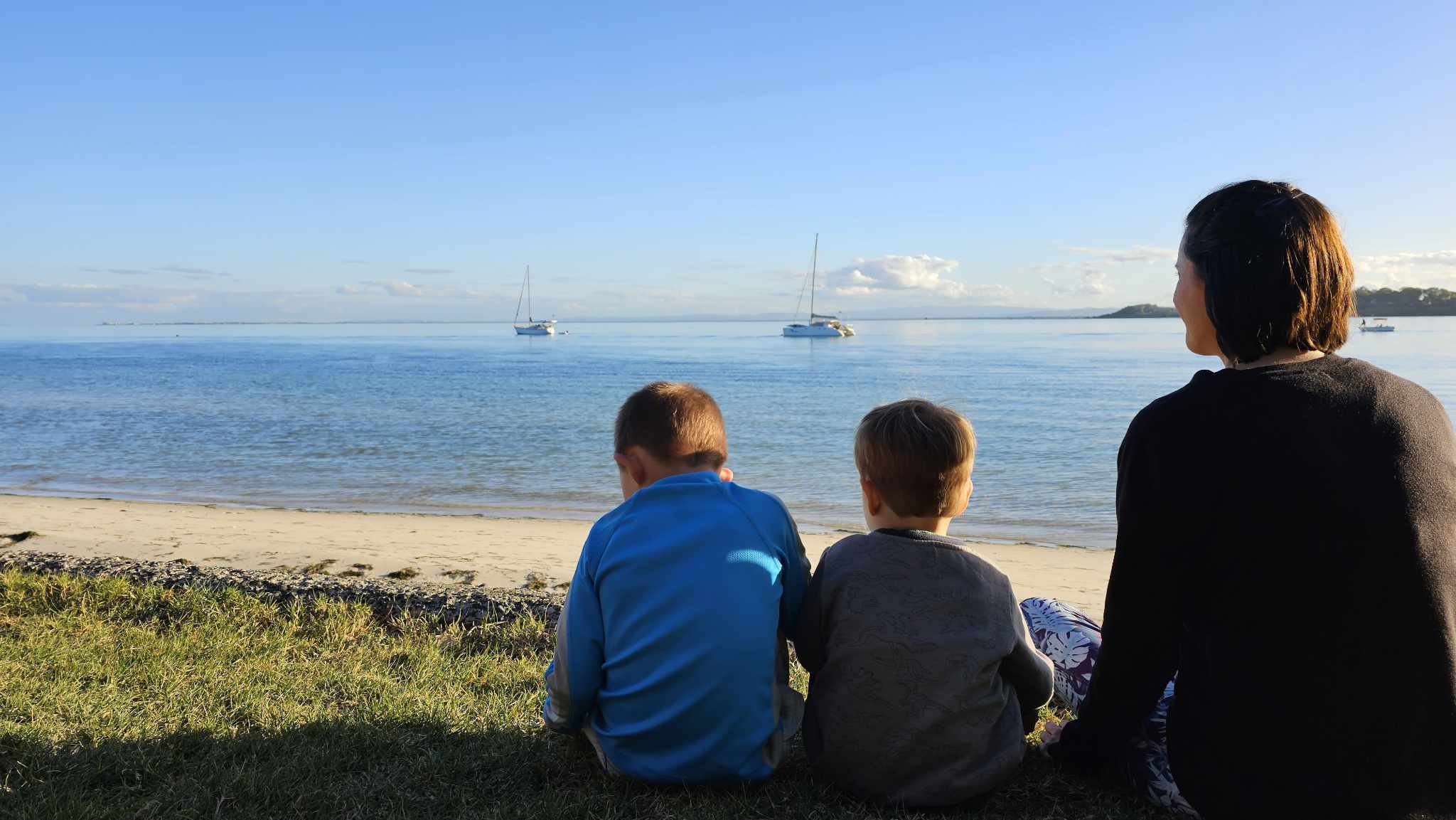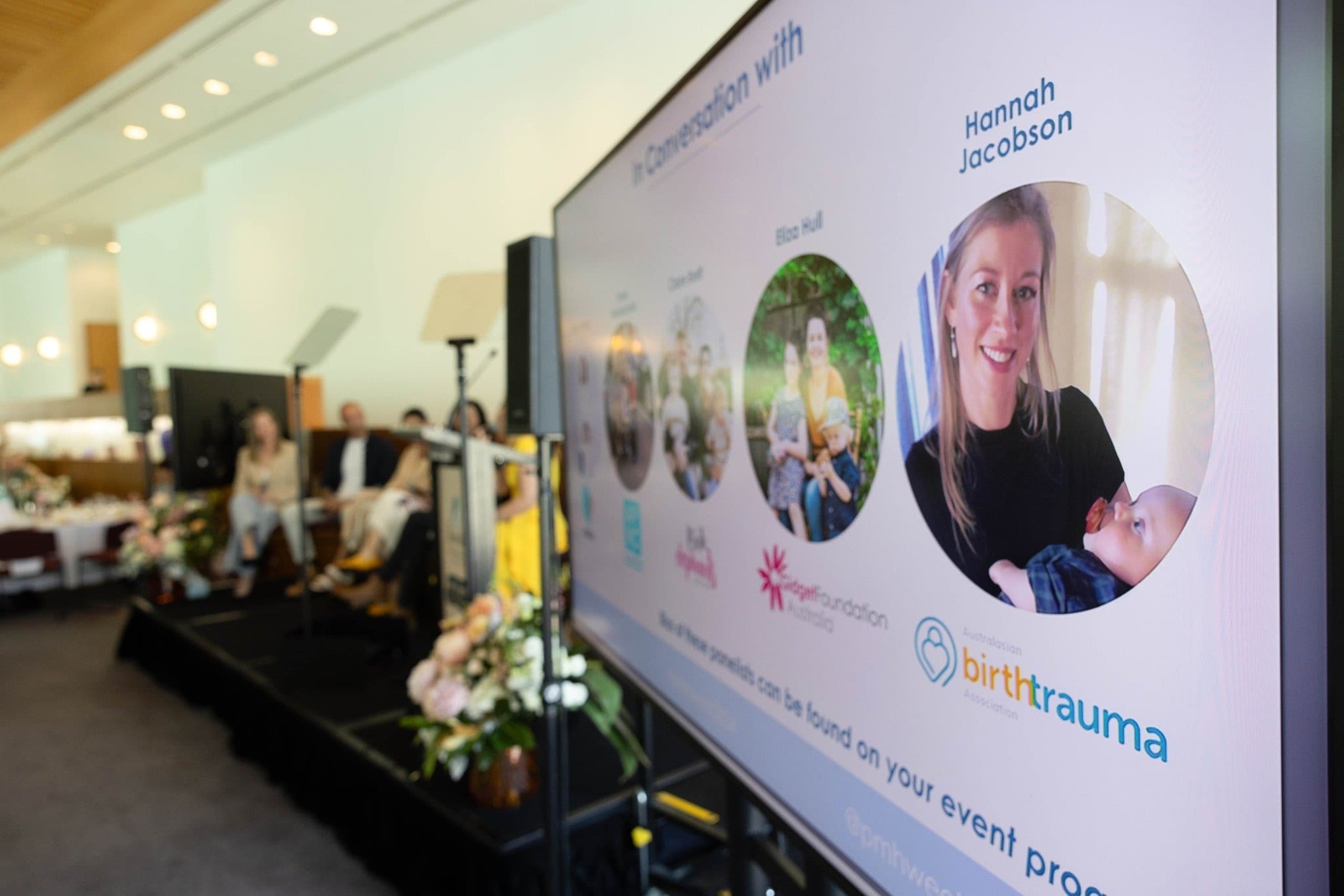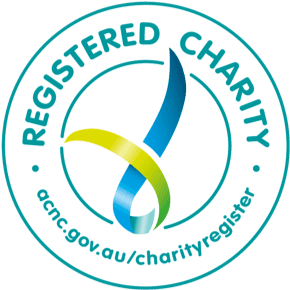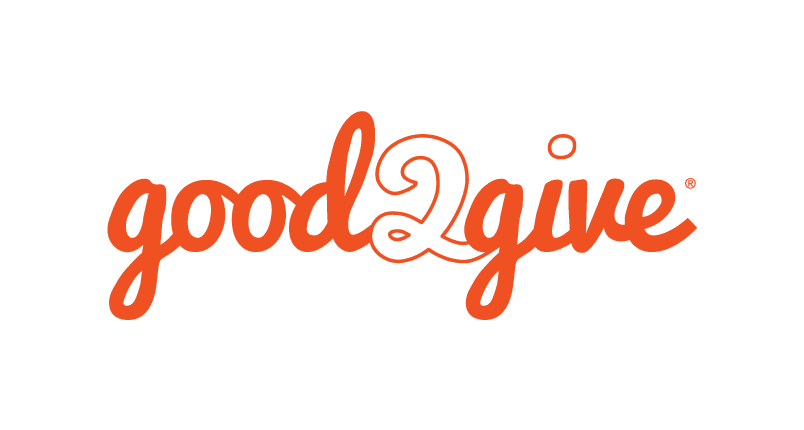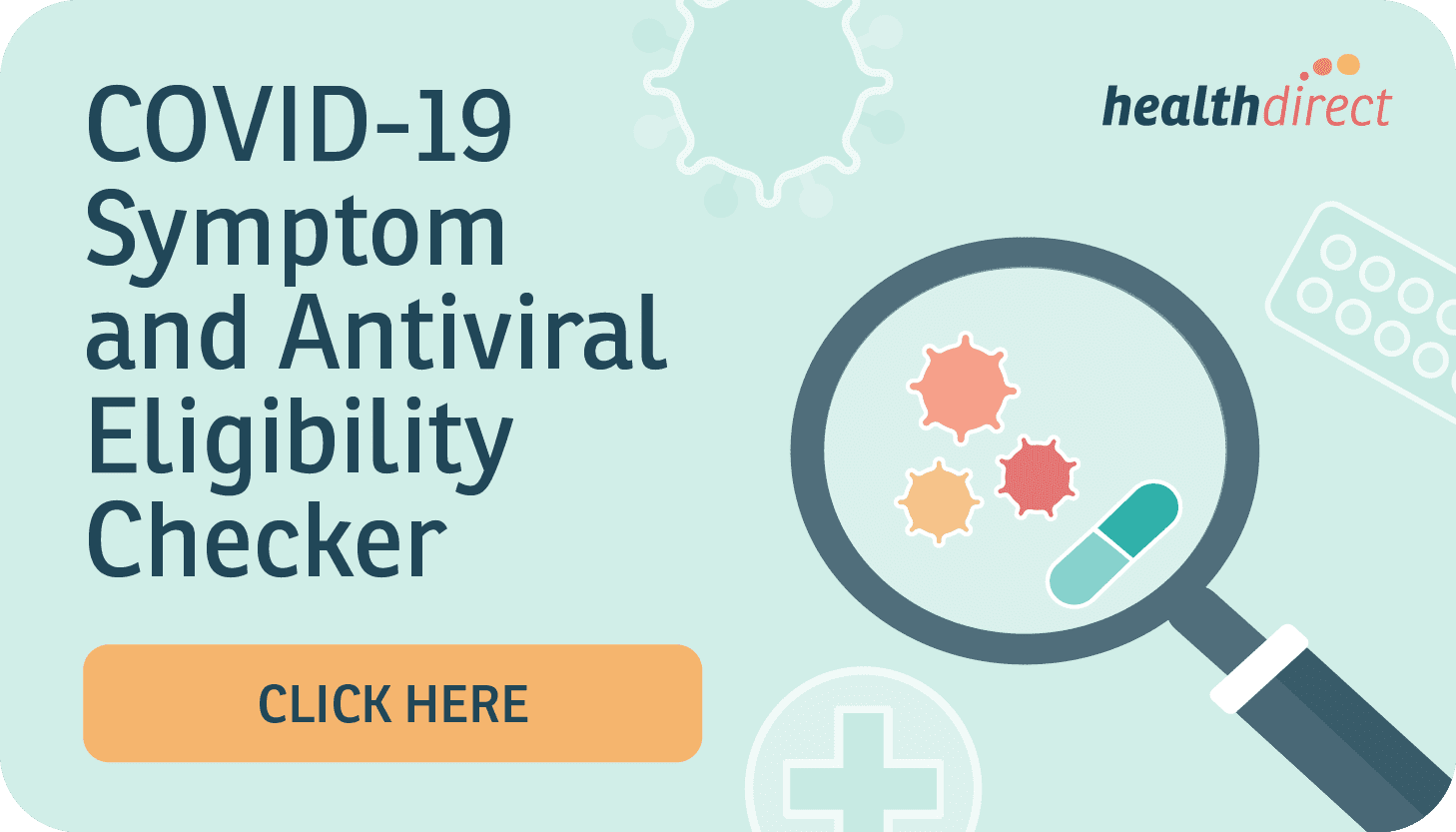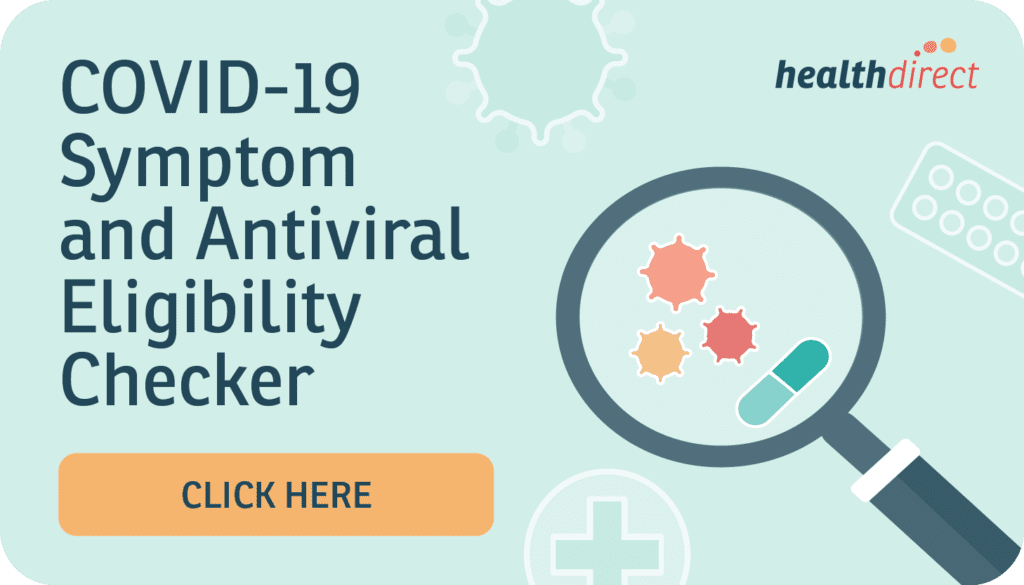Trigger Warning: This birth story discusses covid birth, suicide, PNDA, PTSD, instrumental delivery. If you are triggered by these topics you may wish to skip this blog or read it once you have support available. If you are seeking support for your birth trauma, you may wish to join our Facebook Page and contact our Peer Support Service.
Looking at me today, you would have no idea that I have been to hell and back following the birth of my first baby six months ago.
Brutal and traumatic is how I would describe my birth experience.
And it pains me to admit that my world fell apart the day my baby was born.
Thinking back, I had a relatively ‘vanilla’ pregnancy, albeit isolated and lacking support due to the COVID lock down in Victoria. It was an exhausting week leading up to the birth with a hospital admission due to suspected preeclampsia and talk of an induction. Thankfully I was discharged home as my blood pressure stabilised with medication. The next night, at 38+2 I had a premature rupture of membranes at home. I was told I would need to give birth within 24-48 hours due to the risk of infection. The clock started ticking.
I was relieved when I went into labour naturally 24 hours later but this soon turned to disappointment when my labour was still augmented despite already being 6cm dilated and progressing well. Then came the dreaded ‘cascade of interventions’ – a failed epidural, fetal distress leading to a forceps delivery with episiotomy and a 3C tear which took over 3 hours to repair in theatre.
The trauma only continued with issues breastfeeding and ongoing pain. I suffered severe PND/PNA/PTSD almost immediately. I could not sleep. I didn’t eat. I could not function. I could not be left alone with my baby. I had suicidal thoughts.
But I survived.
I asked for help. I pleaded for help. I talked and cried to anyone that would listen – to my husband, family, midwives and several GPs. Frustratingly my constant tears were mostly brushed off as ‘just the baby blues’ as I was so early post partum. I called PANDA who then advised me to attend the emergency department. It wasn’t until I scored 27/30 on the Edinburgh Postnatal Depression Scale that I was really taken seriously.
But seeking help early is what saved my life.
I am here today because I learnt to accept help.
With no previous history of anxiety or depression, I was admitted to a Mother Baby Unit when my baby was just 3 weeks old. At the time, I did not even know that these units existed. Suddenly, I was on benzodiazepines and anti-depressants and attending regular Psychiatrist and Psychology sessions – all whilst recovering from major surgery and trying to care for a newborn. I was lost. My husband did not leave my side for almost 9 weeks and my Mum was my rock. It was by far the hardest thing I have ever gone through but it was exactly what I needed and it fast tracked my recovery.
What shocked me most was that 4 out of the 6 inpatients were health professionals just like myself.
Naively I thought that as a Physiotherapist (with a special interest in Women’s Health mind you), that I was well prepared and educated for labour and birth and the transition to motherhood. But now I see that my unrealistic expectations set me up for disappointment when things did not go ‘as planned’.
Like many other professional women my life was scheduled, routined and I felt in control. I always envisioned that I would have that overwhelming feeling of love when my baby was first placed on my chest, that I would have uninterrupted skin to skin contact and exclusively breastfeed because ‘breast is best’ (thanks social media).
Instead I felt empty, disconnected and dead inside. I truly believed I was a failure and that my baby was better off without me. I hated the newborn stage. It was devastating.
But at least the baby was healthy, right?
What about what Mum has endured? What about the partner who has witnessed the whole ordeal? But is then only allowed to visit for 2 hours a day due to COVID restrictions? What about the families who watch their loved one’s mental health decline in front of their eyes? Sadly, the effects of a traumatic birth extend well beyond the mother.
My hopes are for raised awareness of birth trauma and its effects on maternal mental health.
I wish I knew about the devastating effects of birth trauma. I wish I knew PND/PNA could develop immediately. I wish I knew the importance of self care and that putting yourself first is not selfish. After all, ‘happy mother equals happy baby’.
And I wish I had found ABTA earlier. A very special community and support platform that helped me to finally feel understood. The truth is I was not alone and you are not alone either.
I feel that we do not require protection from the truth – we need knowledge and education so that we can advocate for ourselves and be better prepared if things do not ‘go to plan’.
Too many of us have suffered in silence. And I hope that ends now.
If you would like to connect with a person who has experienced birth-related trauma, please contact our Peer2Peer Support service to connect with one of our Peer Mentors.


